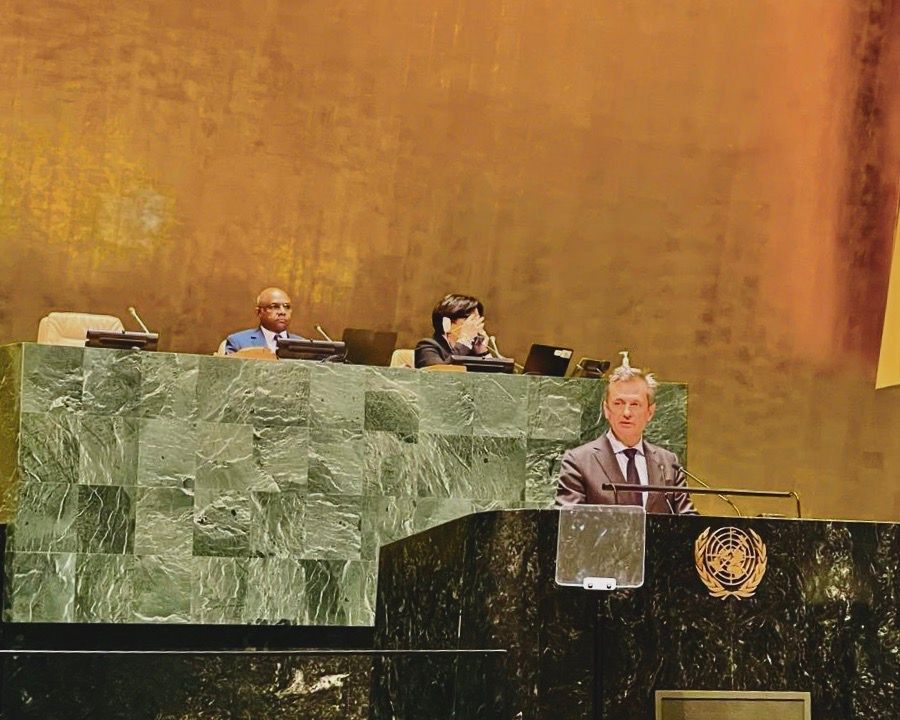UNITED NATIONS (AN) — Prompted by its own paralysis over Syria and Ukraine, the United Nations adopted a General Assembly resolution by consensus on Tuesday aimed at preventing Russia and other veto-wielding Security Council members from abusing their power.
The resolution requires the General Assembly to sponsor a debate on any situation that has led to a Security Council veto. The debate must be held within 10 days of the veto being used.









